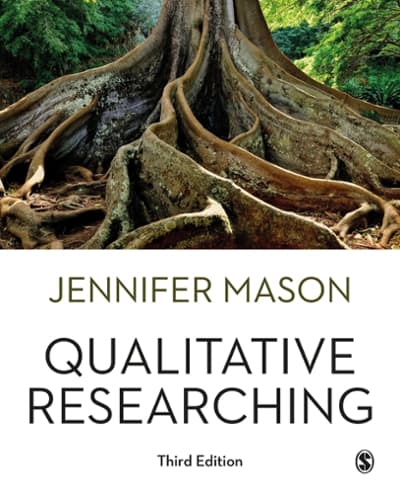Question
Step Four: A.How can the relevant ethical articles be applied in this circumstance? According to CCPA, (2020, sec. B2), counsellors have an ethical duty to
Step Four:
A.How can the relevant ethical articles be applied in this circumstance?
According to CCPA, (2020, sec. B2), counsellors have an ethical duty to maintain their client's confidentiality. However, in this case, there is a conflict with Brenda's need to protect Carlos' right to privacy and his right to autonomy, which includes self-determination and respecting cultural diversity. It would be beneficial for Brenda to seek out consultation from trusted colleagues or a supervisor, to help guide her course of action (Grunhaus et al., 2018).The principle of autonomy and self-determination must be respected, and Brenda should honour Carlos' right to choose which information is shared and with whom it is shared(CCPA, 2021, sec. I11). As a counsellor, it is crucial for Brenda to respect and acknowledge Carlos' cultural beliefs and values, as they significantly influence his views on privacy. Counsellors should be aware of the differences between their own cultural background and that of their clients (Martin et al., 2015), and strive to expand their understanding to improve the therapeutic relationship. Being considerate of these distinctions is essential for a successful counselling experience (Slay-Westbrook, 2017).
The importance of confidentiality and privacy in online counselling sessions cannot be overstated, as highlighted in the CCPA regulations (2020, sec. C5) regarding the use of technology. To ensure high-quality service, counsellors must strictly adhere to the CCPA's standards of practice when offering online counselling. Additionally, they must be aware of potential privacy and security issues that may arise during virtual sessions and take necessary steps to protect confidential information (CCPA, 2020, sec. H2).
B.How might any conflict between ethical principles be resolved?
In this case, there is a conflict between two ethical principles:confidentiality and cultural sensitivity.Brenda, as a counsellor, is obligated to maintain the confidentiality of her client, Carlos, but his cultural background promotes sharing personal information with all family members, which conflicts with the principle of confidentiality.
To resolve this conflict, the following courses of action can be considered:
1. Continue having sessions online with Carlos' family present:
To proceed, it is important to honour Carlos's cultural beliefs and acknowledge that confidential details will be disclosed to his family members. Brenda should clarify the boundaries of privacy to Carlos and his family, highlighting the significance of trust and confidentiality in counselling. Additionally, she should ensure that all family members understand how their participation could impact the therapeutic relationship and urge them to respect professional boundaries during sessions (Celestine, 2023).
2. Continue having sessions online only if the family is not present:
To prioritize confidentiality and respect cultural differences, Brenda and Carlos could explore the option of scheduling individual sessions where family members are not present. This would provide Carlos with a safe space to discuss sensitive or personal issues that he may not feel comfortable sharing in front of his family. It's important for Brenda to emphasize the significance of confidentiality and the potential benefits of individual sessions to Carlos(Mignone et al., 2017) .
3. Discontinue sessions online and provide therapy in-person:
If the challenge of balancing confidentiality and cultural values cannot be resolved with online counselling, Brenda may need to explore the possibility of switching to in-person therapy. This could provide a more secure and secluded setting, ensuring that Carlos's cultural beliefs are respected while maintaining confidentiality. Brenda should consult with Carlos about this alternative and evaluate the possibility and practicality of transitioning to in-person sessions (McGee, 2022).
Reading through Step 4 A and B, answer C
C. What are the potential risks and benefits of this application and resolution? o Start implementing some possible actions by: Generating alternatives and examining the risks and benefits of each, Securing additional information, and Examining probable results of various courses of action
Step by Step Solution
There are 3 Steps involved in it
Step: 1

Get Instant Access to Expert-Tailored Solutions
See step-by-step solutions with expert insights and AI powered tools for academic success
Step: 2

Step: 3

Ace Your Homework with AI
Get the answers you need in no time with our AI-driven, step-by-step assistance
Get Started


